
Macquarie Hospital Building 17 51 Wicks Road
North Ryde NSW 2113
02
8051 1900

Macquarie Hospital Building 17 51 Wicks Road
North Ryde NSW 2113
02
8051 1900


A unique Escape Room experience putting unsuspecting young Australians in the shoes of people living with Parkinson’s.
Shoelace Challenge
Go Back
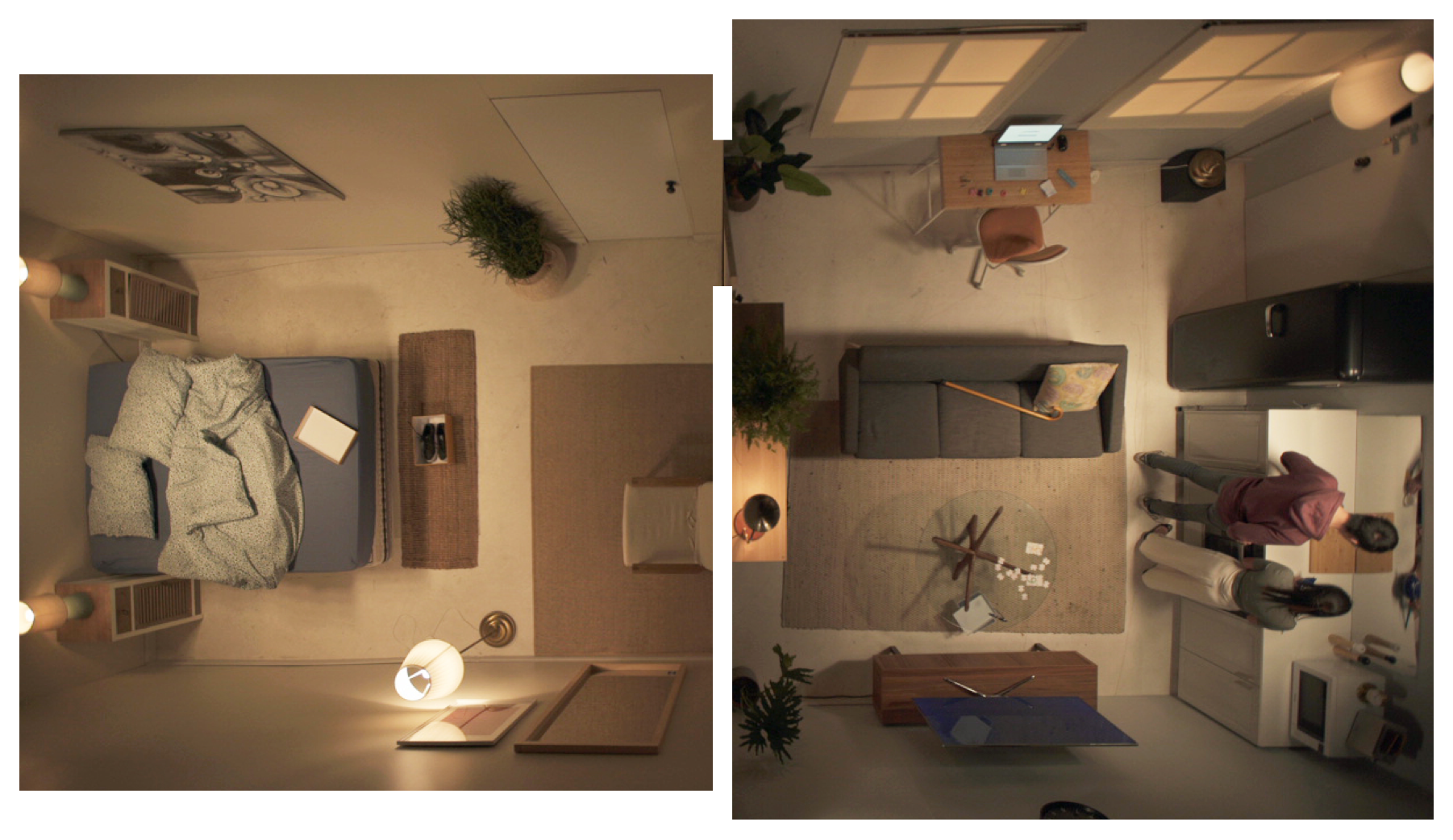
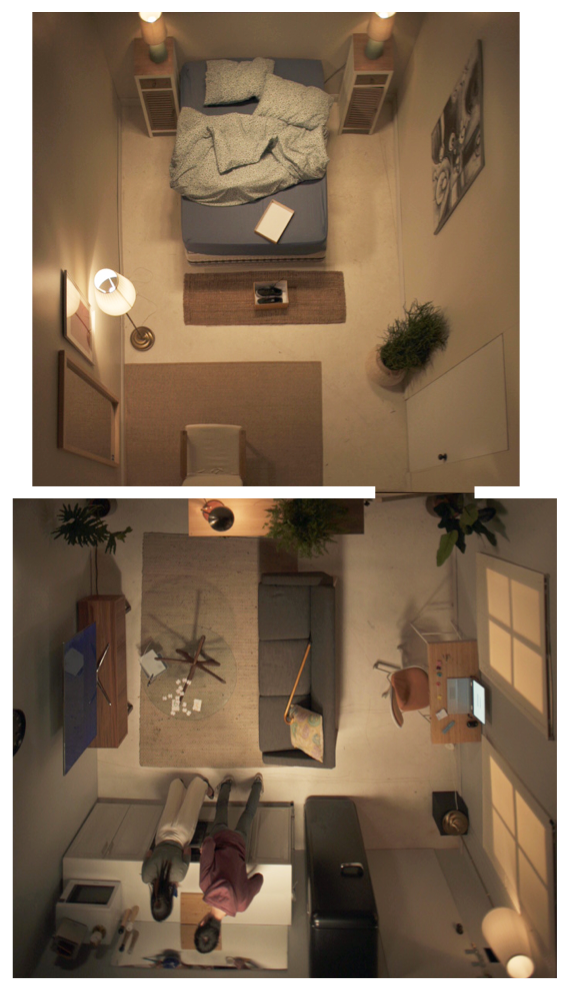
Shoelace Challenge
Teacup Challenge
Laptop Challenge
Jigsaw Challenge
Vision Challenge
Help Box Buzzer

Memory & confusion






Neurological problems from Parkinson’s include confusion and memory loss as well as mood changes, depression and anxiety. For the laptop challenge, players have to remember the password by collecting letters from around the room. The keyboard is then hacked so that the keys do not respond properly, meaning it takes much longer to enter it correctly.
Less than 10% of our funding comes from the government. Fundraising is essential to continue supporting the Parkinson’s community.
As well as long-term research to find a cure, your donation will help into improving the wellbeing of people living with Parkinson’s right now, including help with falls prevention, improving mental health and socialisation, and developing better Parkinson’s-specific approaches for physiotherapy, speech and occupational therapy.

Confusion
Drag the pieces in the right place to complete the jigsaw



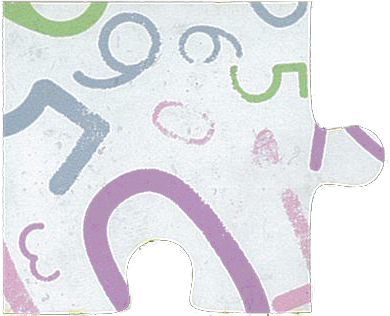







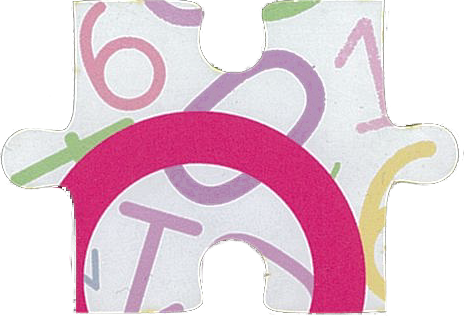


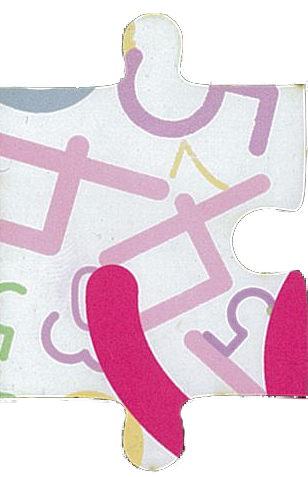




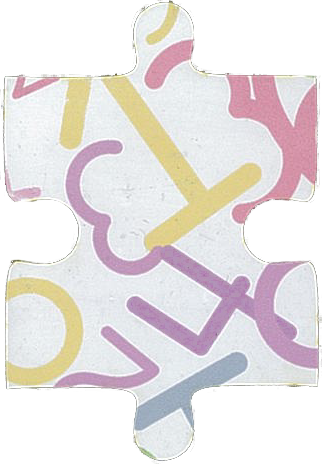


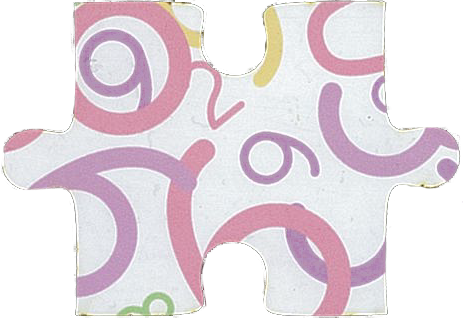
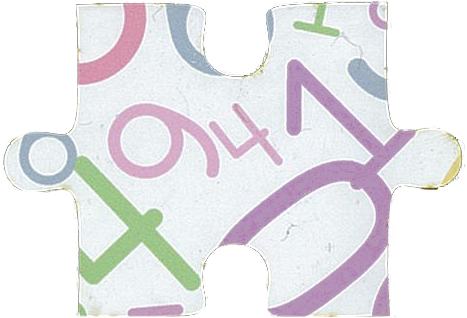

Confusion and an inability to multitask are common Parkinson’s symptoms, that get worse with time. This challenge invited players to complete a difficult jigsaw puzzle in order to find a series of numbers. The extra layer of difficulty was that the jigsaw was printed on both sides, and players needed to use the glass table to complete both sides at the same time.
Less than 10% of our funding comes from the government. Fundraising is essential to continue supporting the Parkinson’s community.
As well as long-term research to find a cure, your donation will help into improving the wellbeing of people living with Parkinson’s right now, including help with falls prevention, improving mental health and socialisation, and developing better Parkinson’s-specific approaches for physiotherapy, speech and occupational therapy.

Blurred Vision

Decipher the code 1/4

Decipher the code 2/4

Decipher the code 3/4

Decipher the code 4/4
Blurred vision is a lesser-known symptom of Parkinson’s, caused by a loss of retinal cells in the eye, changes to the eyelids, or because people with Parkinson’s blink less frequently and their eyes become dry. This challenge simulates the symptom by asking players to identify a series of numbers in magic eye images, corresponding to a padlock combination.
Less than 10% of our funding comes from the government. Fundraising is essential to continue supporting the Parkinson’s community.
As well as long-term research to find a cure, your donation will help into improving the wellbeing of people living with Parkinson’s right now, including help with falls prevention, improving mental health and socialisation, and developing better Parkinson’s-specific approaches for physiotherapy, speech and occupational therapy.

When players rang the buzzer for help (common in Escape Rooms), the live voice on the other end of the line responded with ‘Can you speak up, I can’t hear you.’ This feature illustrates that people with Parkinson’s experience changes in their voice as time goes on, meaning they struggle to communicate.
Less than 10% of our funding comes from the government. Fundraising is essential to continue supporting the Parkinson’s community.
As well as long-term research to find a cure, your donation will help into improving the wellbeing of people living with Parkinson’s right now, including help with falls prevention, improving mental health and socialisation, and developing better Parkinson’s-specific approaches for physiotherapy, speech and occupational therapy.

Difficulty with everyday tasks
Drag the lace through the loop



The shoelace challenge simulates difficulty with everyday tasks. Parkinson’s causes stiffness and incoordination so simple tasks become near impossible - from tying shoes or fastening buttons, to using keys, pouring a drink or even using a phone. The shoelaces are fitted with stiff wires to make them very difficult to untie in order to retrieve the key.
Less than 10% of our funding comes from the government. Fundraising is essential to continue supporting the Parkinson’s community.
As well as long-term research to find a cure, your donation will help into improving the wellbeing of people living with Parkinson’s right now, including help with falls prevention, improving mental health and socialisation, and developing better Parkinson’s-specific approaches for physiotherapy, speech and occupational therapy.

PHYSICAL TREMOR AND STIFFNESS


Drag to pour your tea


People with Parkinson’s commonly have an uncontrollable tremor or stiffness in one or both hands. This can be sometimes controlled with medication, but even that has its own complications. In this case players had to pour water from a kettle to a teacup and into a long pipe, in order to retrieve a key. Each element was rigged with high-tension elastic to illustrate the difficulty of completing such a ‘simple’ task with a physical tremor.
Less than 10% of our funding comes from the government. Fundraising is essential to continue supporting the Parkinson’s community.
As well as long-term research to find a cure, your donation will help into improving the wellbeing of people living with Parkinson’s right now, including help with falls prevention, improving mental health and socialisation, and developing better Parkinson’s-specific approaches for physiotherapy, speech and occupational therapy.

When players finally completed the five challenges and retrieved the lock combinations to open the exit door, they were in fact met with a solid wall, revealing the meaning behind the experience. The TV automatically switched on and played a video featuring Gavin, who lives with Parkinson’s every day.
Less than 10% of our funding comes from the government. Fundraising is essential to continue supporting the Parkinson’s community.
As well as long-term research to find a cure, your donation will help into improving the wellbeing of people living with Parkinson’s right now, including help with falls prevention, improving mental health and socialisation, and developing better Parkinson’s-specific approaches for physiotherapy, speech and occupational therapy.